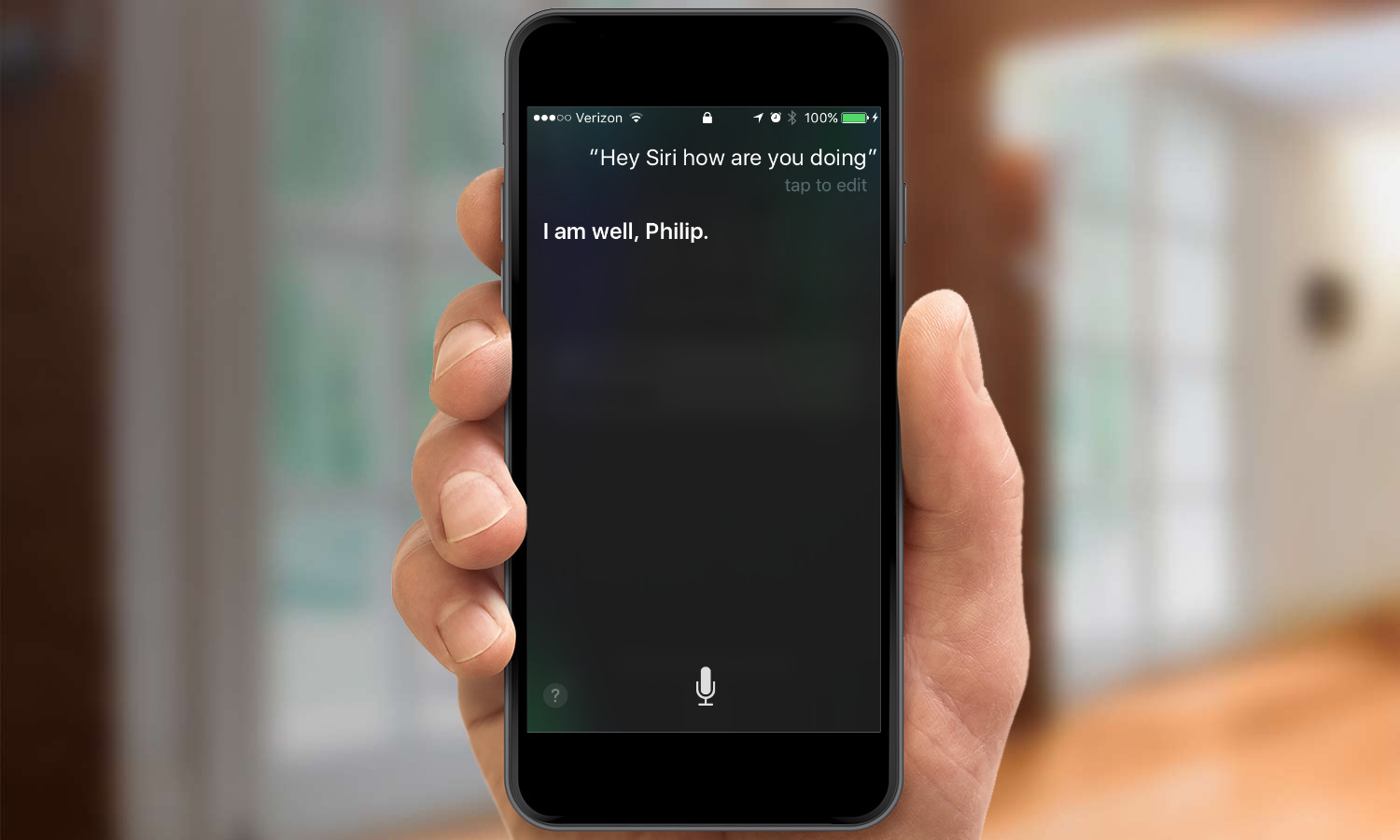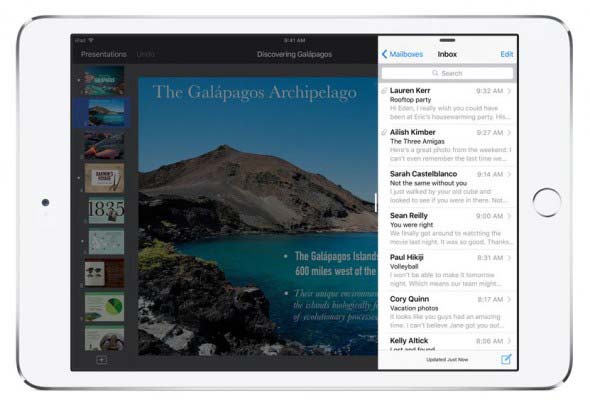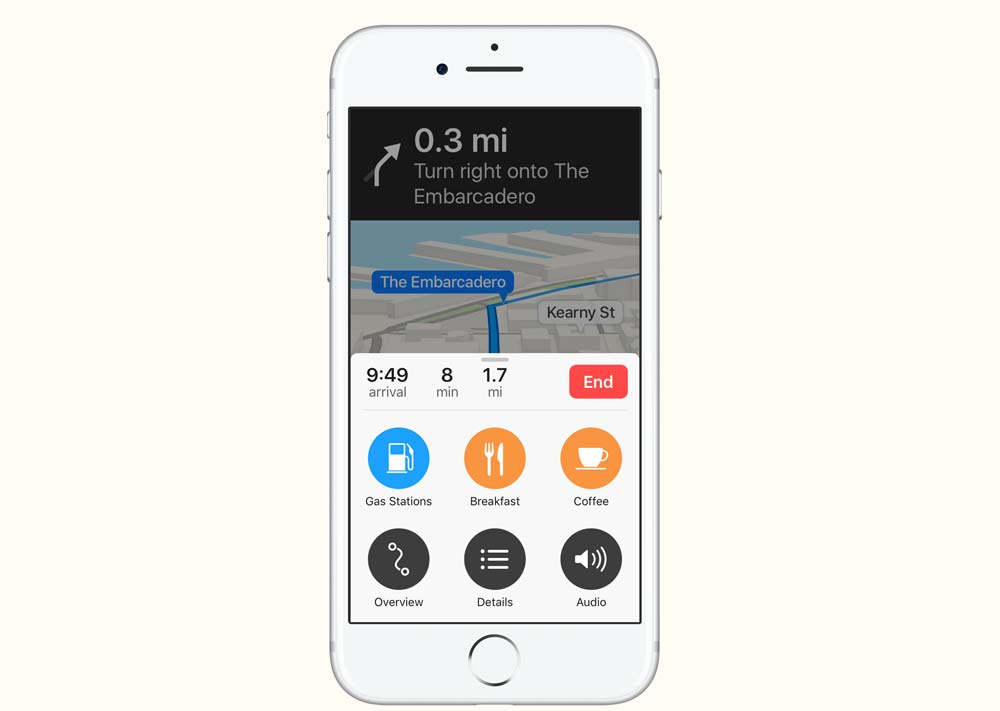Sure as the sun will rise in the east tomorrow, Apple will take the opportunity at its Worldwide Developers Conference keynote next week to discuss the latest update to its mobile operating system.

The coming iOS 11 update is sure to bring a slew of new features to Apple's iPhone and iPad, but it's always hard to be certain with the traditionally tight-lipped company exactly which features will make the cut. Here's what to look for.
When Will iOS 11 Come Out?
While the new OS will no doubt be shown off during the June 5 keynote, it likely won't get a full release until the fall. Apple typically ships the new version of iOS on or around the time it launches a new model of the iPhone, and if prior patterns hold true, that'll be sometime in September.
That could potentially change if rumors of delays to the iPhone 8 bear out, but it seems unlikely that the final iOS 11 release date would be anything but September.
MORE: iPhone 8 Rumors: What to Expect from the 10th Anniversary iPhone
The past two years, Apple has put out a beta of its iOS releases in the summer, giving iPhone owners who don't mind running a not-entirely-finished OS on their devices a chance to try out the new software. It's likely the company will follow suit in 2017 with iOS 11.
What Features Will Apple Add to iOS 11?
Apple always keeps its cards close to its vest, and when it comes to software, it's even harder to divine what the company might be up to. Unlike with devices like the iPhone, there's no supply chain sprouting leaks for software updates. But a few possibilities have made their way into the public arena, and there are always a few tea leaves that we can read.
Sign up to get the BEST of Tom's Guide direct to your inbox.
Get instant access to breaking news, the hottest reviews, great deals and helpful tips.
Apple Music, now with video: The company has put off launching the video component of Apple Music, postponing its much touted Carpool Karaoke series to "later this year." During an interview with Apple executive Jimmy Iovine, Bloomberg reported that a version of Apple Music that "better showcases video" would be among the features of the next version of iOS. That could also mean a slight redesign for the Music app, which has seen its fair share of changes over the past few years.

Siri: It's been six years since Apple first launched its virtual assistant, and at the time it was ahead of the game. But in the subsequent years, it's seen more competition from the likes of Amazon's Alexa, Microsoft's Cortana and Google's Assistant. Back in 2015, Apple purchased the U.K.-based VocalIQ, which was working on improved natural language technology. Since then, reports have a number of its former engineers working out of a Cambridge Apple office. In theory, this means the company might be aiming to pump up Siri's ability to communicate more naturally, which, in combination with Apple's heavy investments in machine learning, could make the virtual assistant more powerful than ever, able to handle complex queries in a single bound.
MORE: Which iOS Assistant Works Best
Group FaceTime calling: For years, FaceTime has been a two-way street (unless, of course, you have the whole family crowded around a single iPhone). But one rumor posted at an Israeli tech blog suggests that the ability to have multiple parties involved in a call, similar to other video-calling services such as Skype, could be included in iOS 11. Speculation is that it could accommodate up to five participants and be integrated with iMessage.

iPad features: After a major jump in capabilities with iOS 9, Apple's tablet was largely ignored during last year's iOS 10 update. As such, some of the features first introduced in iOS 9 have begun to feel a bit long in the tooth, such as the overcrowded and clumsy application picker for Split Screen mode. It seems likely Apple will spend at least some time discussing iPad-specific improvements for iOS 11, even if we don't get everything hoped for by ardent iPad fans. Some have speculated that perhaps Shared iPad, the multiple account systems for iPads that's only available in Education environments, will finally be available for all users.
Dark mode: Inquisitive developers poking around in Apple's macOS-based Simulator uncovered evidence that a "dark mode" for iOS that makes text easier to read in low-light settings actually exists in current versions of the operating system. There's just no way to activate it. It's certainly possible that Apple will offer such a feature in iOS 11 — after all, it launched a similar option for Apple TV last year.

Improved Maps: Apple's been playing second fiddle to Google Maps ever since it ditched the Mountain View, California, company for its own in-house mapping solution back in iOS 6. But Apple has been steadily improving its mapping solution with each version of iOS. The company's also been buying up firms developing mapping technology, and it's possible that some of those features — indoor mapping and navigation, for example, and deploying drones for faster updating of maps — will finally see the light of day in iOS 11.
MORE: Apple Maps vs. Google Maps
Person-to-person Apple Pay: Since launching Apple Pay back in 2014, one feature has been missing: the ability to easily send payments between users of Apple devices. Reports suggest that a money-swapping feature might be in the offing for this year, though it may not materialize at WWDC. (Apple waited until the iPhone 6's fall launch to unveil Apple Pay, for example.)
Which Devices Will iOS 11 Run On?
Apple tends to maintain a strong backward-compatibility with its device lineup, but sooner or later some devices just get too old. While Apple may maintain compatibility with the same devices as iOS 10, there are indications that Apple is planning on no longer supporting apps that are 32-bit-only in iOS 11. (iOS 10.3, for example, added a compatibility checker that flags 32-bit apps.) That would mean the end of support for 32-bit devices, which would mean the iPhone 5 and 5c and fourth-generation iPad won't be able to run iOS 11.
Dan Moren is the author of multiple sci-fi books including The Caledonian Gamibt and The Aleph Extraction. He's also a long-time Mac writer, having worked for Macworld and contributed to the Six Colors blog, where he writes about all things Apple. His work has also appeared in Popular Science, Fast Company, and more
